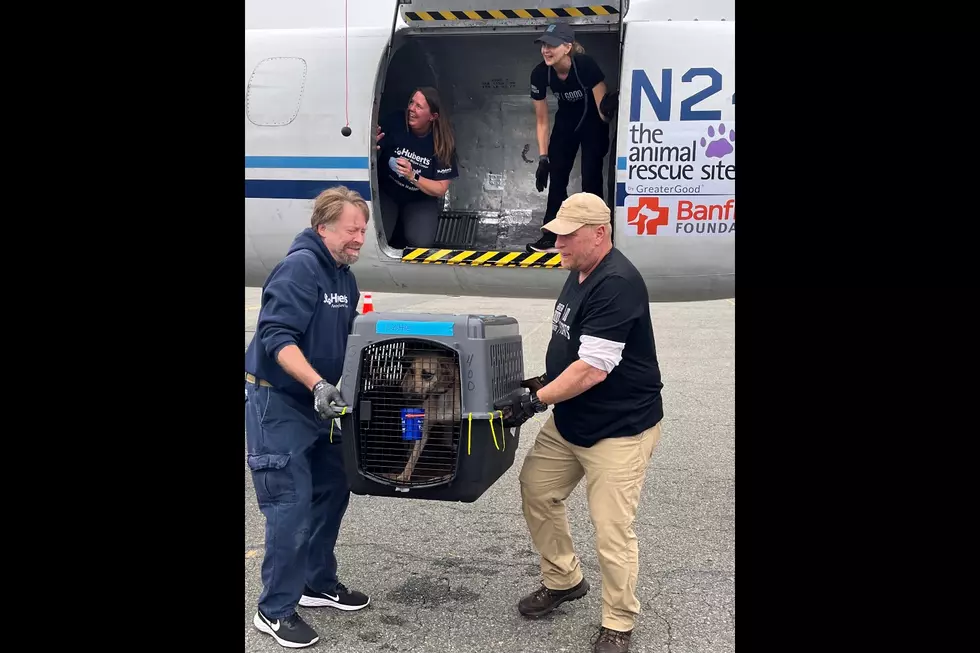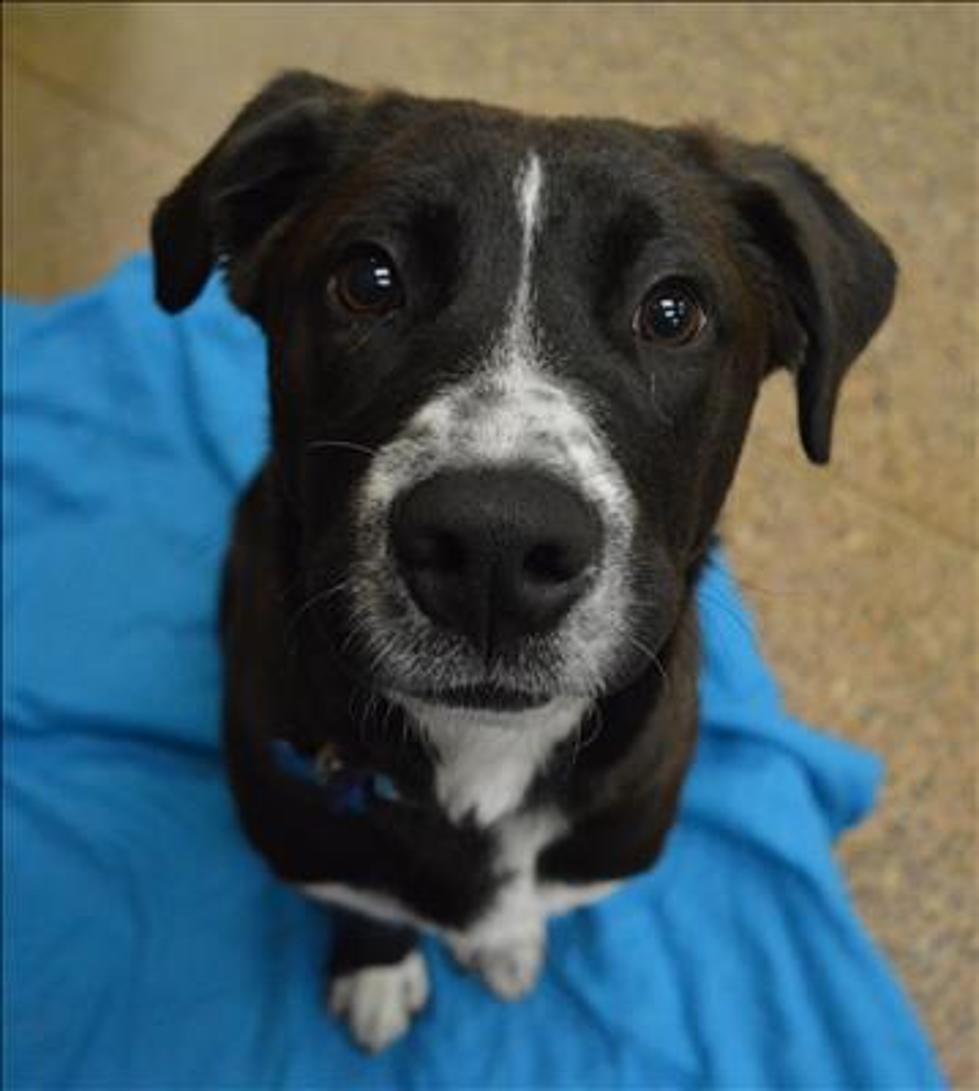![Pet Adoption – Would You Rather Adopt from a Southern Kill Shelter or Locally? [POLL]](http://townsquare.media/site/385/files/2012/12/dog-300x278.png?w=980&q=75)
Pet Adoption – Would You Rather Adopt from a Southern Kill Shelter or Locally? [POLL]
Apparently there’s some reluctance on the part of some Mercer County pet adoption groups who have mixed feelings about bringing dogs up from the South to be adopted.
This happens because it’s fairly common practice in the South, where “high kill” shelters operate…and a fair number of people from New Jersey are adopting from them.
I happen to know this firsthand, as that’s how my daughter adopted her Dachshund/Beagle mix, Sophie.
She’s a great dog…lots of personality…gets along great with guests and the baby; and was probably days away from being euthanized in one of the aforementioned shelters.
My daughter and her husband rescued Sophie through PetFinder, much the same way this one particular woman from Hunterdon County adopted her dog.
When Kim Kavin found her new dog on a website two years ago, she had no idea of the story that would come with him.
“I went on Petfinder.com, put in my zip code and saw a photo of Blue,” she said. “And I just knew, that’s my dog.”
After filling out a five-page form and getting a home visit from an animal adoption group, Kavin, of Califon, was excited to finally meet her new dog. Then she was informed that Blue was not as close to her home in Hunterdon County as she thought.
“I was told that he was in a shelter in North Carolina,” said Kavin, a journalist who later wrote a book about her experiences and the widespread euthanization of pets in shelters. “And that’s when I started to learn what was going on.”
In an effort to save animals from “high-kill” shelters in the South, which often euthanize unclaimed animals within several days, volunteers have been stepping in and saving the animals by finding homes for them in Northern states.
The unwanted puppies mostly come from Southern states where demand for adoption is low and most dogs are not spayed or neutered, she said.
Kavin eventually tracked down the shelter her dog came from, which she described as a gas-chamber kill center.
A staffer at SAVE, a Friend to Homeless Animal in Princeton said that, while adopting out local animals is the organization’s number one goal, they will occasionally brings up puppies from a reliable shelter in the South when demand for adoptions is high.
SAVE shelter operations director Donielle Killian-Gioia said. “Several organizations in New Jersey bring up animals from the South because we have a larger adoption pool than they do.”
Echoing Kavin, Killian-Gioia explained that the animal transfers are driven by the rare use of spaying and neutering in the South and the resulting glut of pets.
To make sure SAVE does not add to the problem, the shelter is very careful when it takes animals from locations outside of its normal service area, Killian-Gioia said.
Some animal activists are less comfortable with the arrangement. Karen Azarchi of the Ewing/Lawrence-area rescue organization Easel Animal Rescue League, said bringing animals from other states to distribute in New Jersey is still a sensitive topic.
“There are two different opinions,” she said. “One is that it reduces the chance for local animals to be adopted, and the other is that a dog adopted is a dog adopted.”
In addition to taking away from local adoptions, transporting dogs from Southern states runs the risk of also bringing diseases up north, Kavin said.
Some states had to stop “less legitimate” rescues due to a rise in diseases that were attributed to Southern dogs that were not vaccinated properly, she said.
But Kavin said she believes interstate pet rescue is becoming a real solution to the overpopulation problem.
It’s heartbreaking to look into the eyes of an animal you’ve rescued from a kill shelter and think that the animal may have been days or even hours away from being put down because nobody wanted it.
And I do know for a fact that Sophie had all her shots and was fixed once she was transported here.
I do believe “a dog adopted is a dog adopted” in apt in this situation?
More From New Jersey 101.5 FM









